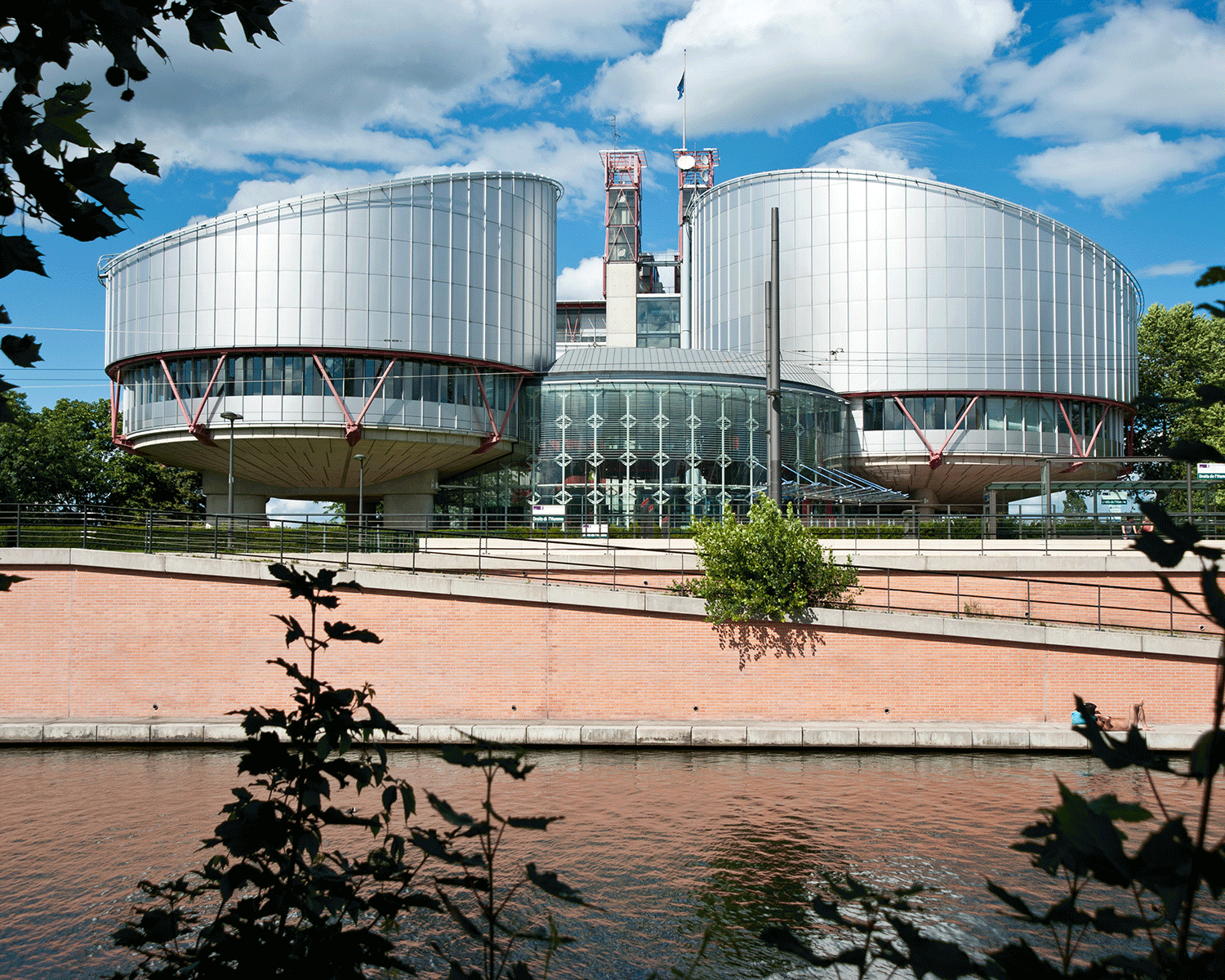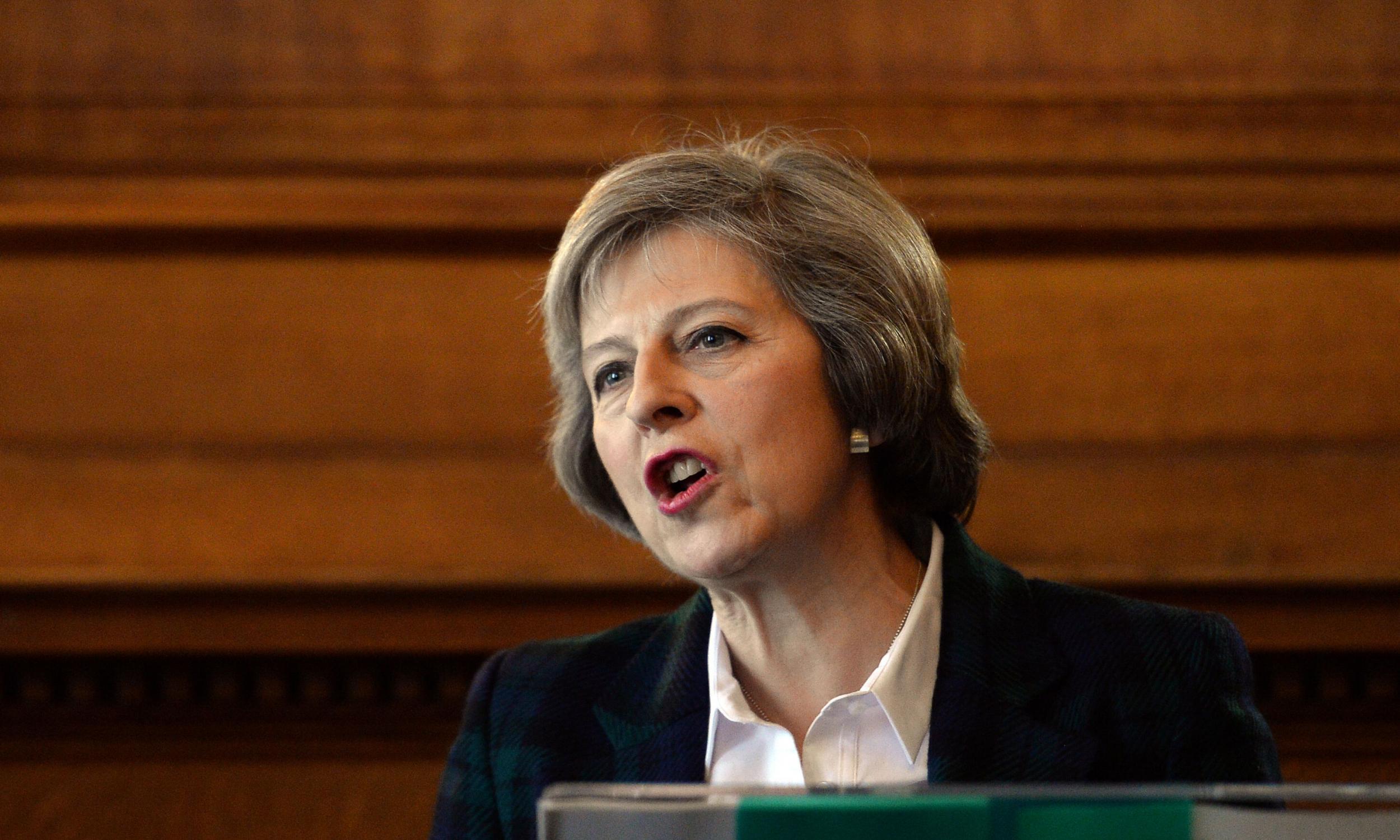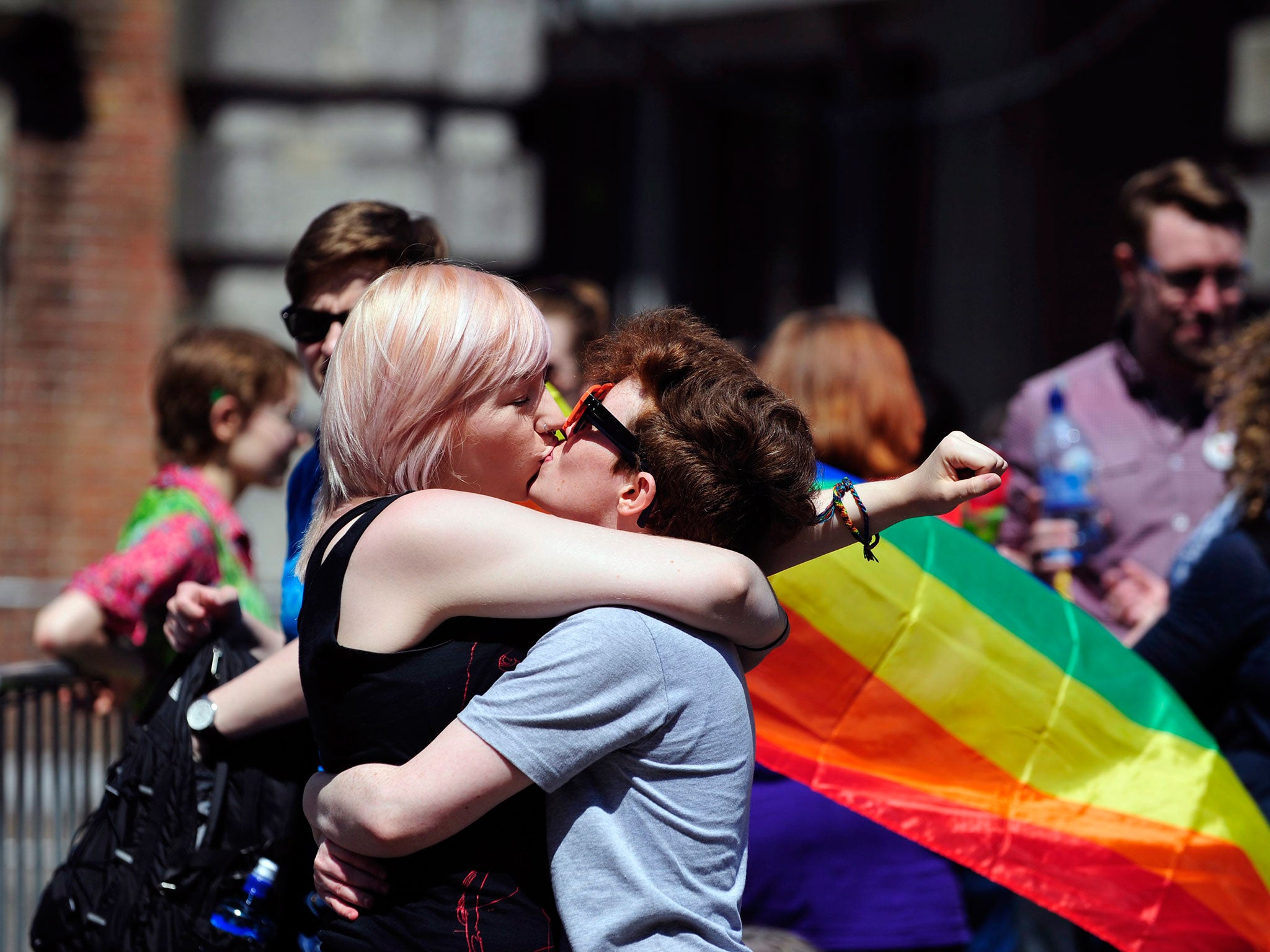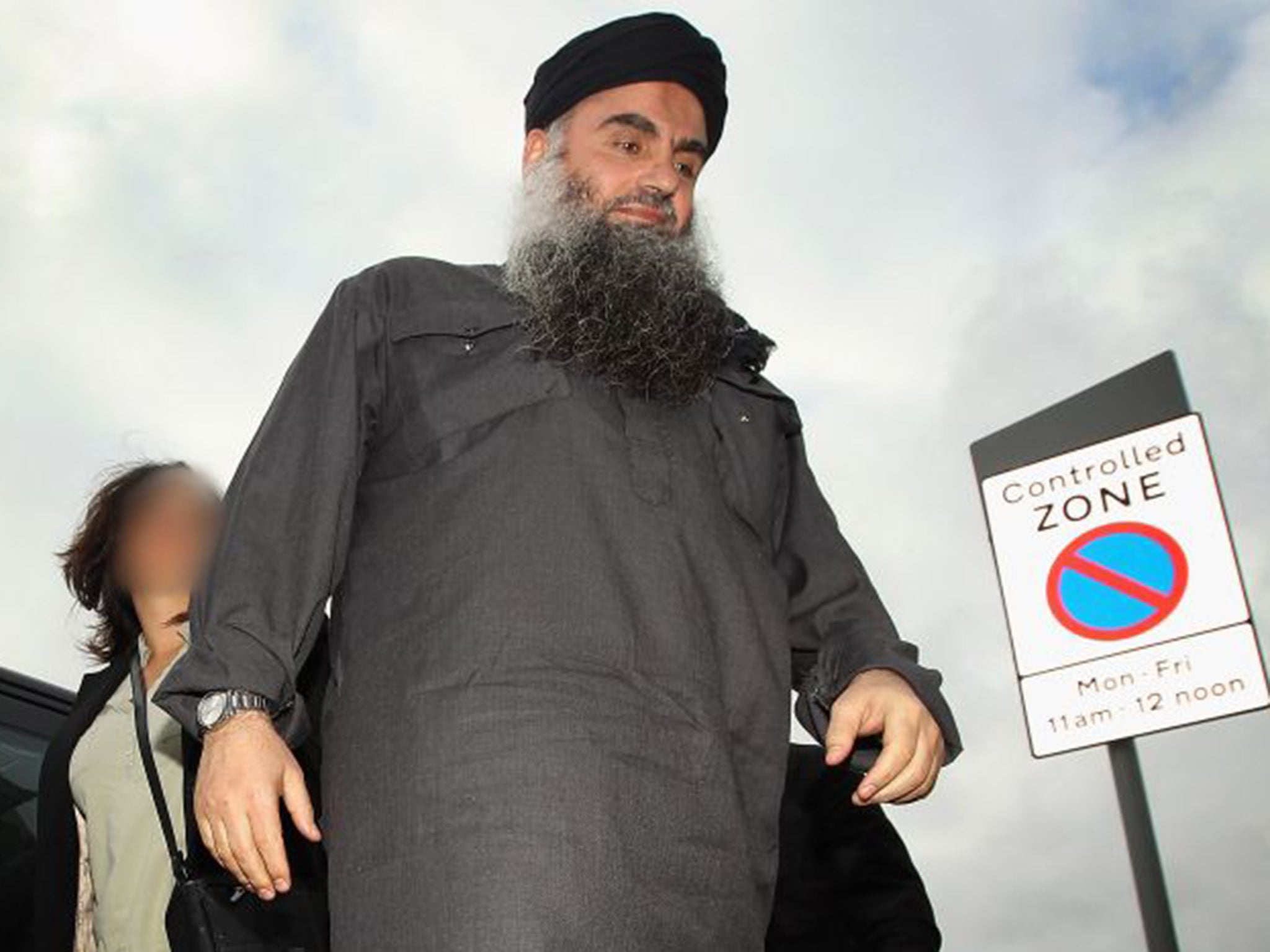What has the European Court of Human Rights done for us?
Winston Churchill and other British experts helped to draft the European Convention on Human Rights

Campaigners and politicians have criticised Home Secretary Theresa May's assertion that Britain should leave the European Court of Human Rights (ECHR).
The Home Secretary announced her cautious support for Britain's continued membership of the EU but said it should exit the ECHR because she believes the court hampers efforts to extradite extremists.
The comments by the potential Conservative party leader candidate have been criticised as a "betrayal of the British people" and "desperate" by UK human rights organisations.
Amnesty said that leaving the ECHR would “strike at the very architecture of international protections”, while Liberty criticised Mrs May for “playing fast and loose” with the legacy of Winston Churchill - who was one of the European Convention's early architects.

The ECHR, which opened in 1959, upholds the European Convention on Human Rights among individuals against the 47 European countries - not just the 28 member countries of the EU.
It is not directly an EU institution - the EU has its own court, the European Court of Justice - but the ECHR's rulings often become case law for countries.
The 1998 Human Rights Act helped to integrate the Convention into UK law, but now some members of the Conservative Party want to scrap that Act in favour of a "British Bill of Rights" which would prevent decisions made by UK courts being checked by anyone else.
Here are some of the most significant laws the ECHR has brought to Britain:
1. Freedom of the press
In 1979 the ECHR backed the Sunday Times and its right to publish details of the thalidomide scandal, in which more than 300 people were thought to be victims of birth deformities because of the poorly tested drug.

The paper, under editor Harold Evans, fought an injunction against publishing all the way up to the ECHR after national courts did not back its attempts to bring the case to light. The ECHR overruled the courts and backed the freedom of the press to publish in the national interest.
2. Child protection
After a UK court found that a stepfather had used "reasonable chastisement" when beating his stepson with a wooden cane, the ECHR overruled them and said it amounted to "inhuman or degreading treatment".
The UK government announced later that it would legislate to give children better protection.
3. Homophobia
The criminalisation of male homosexuality in Northern Ireland was ruled as illegal by the ECHR in 1981.
This ruling set the legal precedent for the Council of Europe ultimately requiring that no EU state could criminalise male or female homosexual acts - a major protection measure for the LGBT community.

A claim of religious discrimination by two Christians who did not want to deal with same-sex couples was also thrown out by the Strasbourg court in 2013, who backed the employers that had disciplined them.
4. Torture
During the 1970s the British army used five "techniques" on IRA members including being forced into stress positions for hours, hooding, being subjected to noise and food and sleep deprivation.
The ECHR ruled this as inhuman and degrading treatment in violation of human rights in 1978 and had the practice within the army officially ended.
5. Deportation
Two cases have particularly inflamed the debate in some of the media and the Conservative Party around the European Convention of Human Rights.
First, the case of Aso Mohammed Ibrahim, a Kurdish asylum seeker who killed a 12-year-old girl in a driving accident and was able to plea a right to family life to remain in Britain seeking asylum.

The second was terror suspect Abu Qatada - Ms May's particular case study in the failings of the ECHR - whom Strasbourg blocked from being returned to Jordan because of evidence he had been tortured there.
Once Jordan promised not to use evidence obtained under torture, he was removed from the UK and stood trial in that country in 2013.
The ECHR also backed the deportation of five other terror suspects to the US after finding there would be no violation of human rights once they were in a "supermax" prison there.
Bella Sankey, policy director for Liberty, added: "Britain founded [the Convention], it is the most successful system for the enforcement of human rights in the history of the world, and every day it helps bring freedom, justice and the rule of law to 820 million people.”
Join our commenting forum
Join thought-provoking conversations, follow other Independent readers and see their replies
Comments